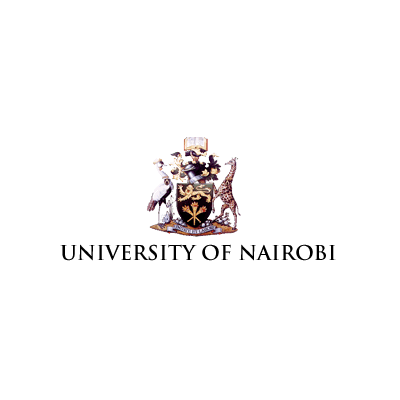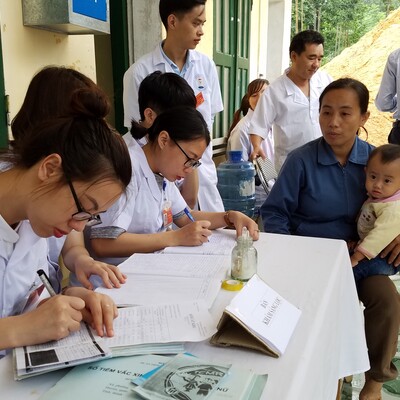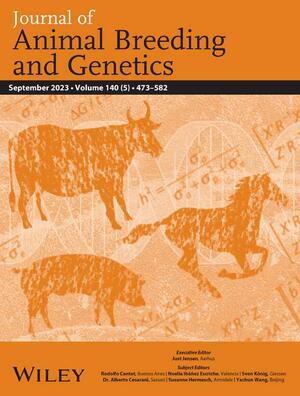

Tick Unit
The ILRI Tick Unit stands as one of Africa’s unique facility for the Tick Cell Biobank, marking a significant stride in tickborne disease research through the utilization of specific cell lines. Hosted at the Institute of Infection and Global Health, University of Liverpool, the parent Tick Cell Biobank houses 55 cell lines from ticks of veterinary and medical significance.
ILRI’s Tick Unit is pivotal in advancing animal health research, contributing to vaccine development and vector genomics which is crucial for supporting local farmers combatting tick infestations and pesticide resistant strains, thus safeguarding livestock and mitigating economic losses. It houses a unique biological resource comprising cell lines from four tick genera: Rhipicephalus, Boophilus, Hyalomma, and Amblyomma, unmatched globally.
Our partners
You may also like

Opinion and analysis
Sustainable manure management in Uganda requires an enabling policy and legal framework: a call to action!

ILRI News
ILRI introduces the Livestock and Climate Solutions Hub at SAADC 2025 to address climate challenges in livestock systems

ILRI News
When policy meets pasture: Farmers and scientists joining forces to shape a fair climate future
Related Publications

A one health approach to prioritizing emerging zoonotic diseases (EZDs) in northern Vietnam
- Luong Hung Nam
- Thang Nguyen-Tien
- Lindahl, Johanna F.
- Sinh Dang-Xuan
- Phuc Pham-Duc
- Unger, Fred
- Bui Nghia Vuong
- Dao Duy Tung
- Hung Nguyen-Viet
- Hu Suk Lee

Review of a decade of fauna research in Côte d'Ivoire with insights into wildlife health and zoonotic transmissions
- Dindé, A.O.
- Cook, Elizabeth A.J.
- Terfa, Zelalem
- Soro, D.
- Hung Nguyen-Viet
- Bett, Bernard K.
- Bonfoh, B.
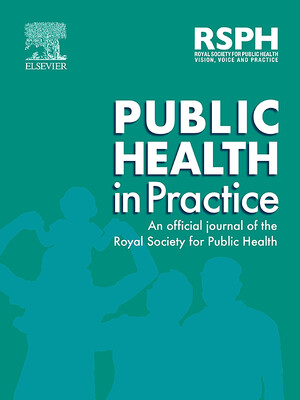
Human rabies exposure and associated risk factors in north-west Ethiopia
- Azalu, W.W.
- Mekonnen, S.A.
- Kenubih, A.
- Kassa, A.M.
- Molla, W.A.
- Jemberu, Wudu T.
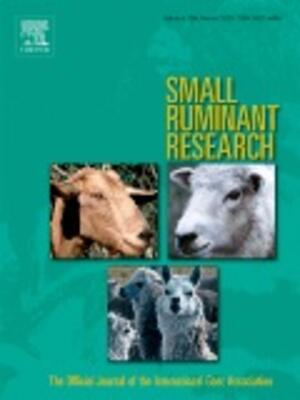
Systematic review on the impacts of community-based sheep breeding programs on animal productivity, food security, women’s empowerment, and identification of interventions for climate-smart systems under the extensive production system in Ethiopia
- Tesfa, Assemu
- Taye, Mengistie
- Haile, Aynalem
- Nigussie, Zerihun
- Najjar, Dina
- Mekuriaw, Shigdaf
- Dijk, Suzanne V
- Wassie, Shimels E
- Wilkes, Andreas
- Solomon, Dawit






